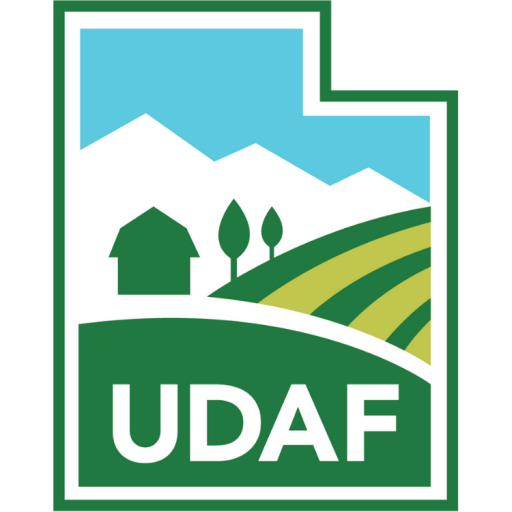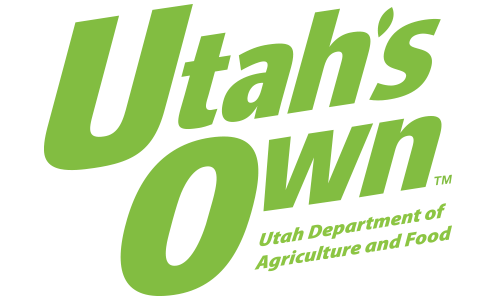The Utah Department of Agriculture and Food is proud to announce Utah’s 3rd Annual Food Safety Conference hosted April 16 – 17, 2024 at the Show Barn at Thanksgiving Point. The conference will be held from 8:00 to 5:00 each day.
“This conference is a great opportunity for those in academia, agriculture, food manufacturing and producing, public health, retailers, or anyone who is interested in food safety to come and learn about best practices, food borne illness outbreaks, and overall safety in food production and manufacturing.” said Travis Waller, UDAF Regulatory Division Director.
Speaking at this year’s conference is Dr. Darin Detwiler L. P. D. Dr. Detwiler is a nationally recognized leader in the food regulatory industry and academia, with over 25 years of consultation for industry, government, and non-governmental organizations.
Additional topics that will be covered at the conference include active managerial control, foodborne illness outbreaks, manufacturing and retail food safety, farm and produce production, dairy and egg Processing, and food distribution and challenges within the food supply chain.
For more information on the conference and to register, visit the registration website. Registration will be open throughout the duration of the conference. Media are invited to attend and media passes can be arranged.









